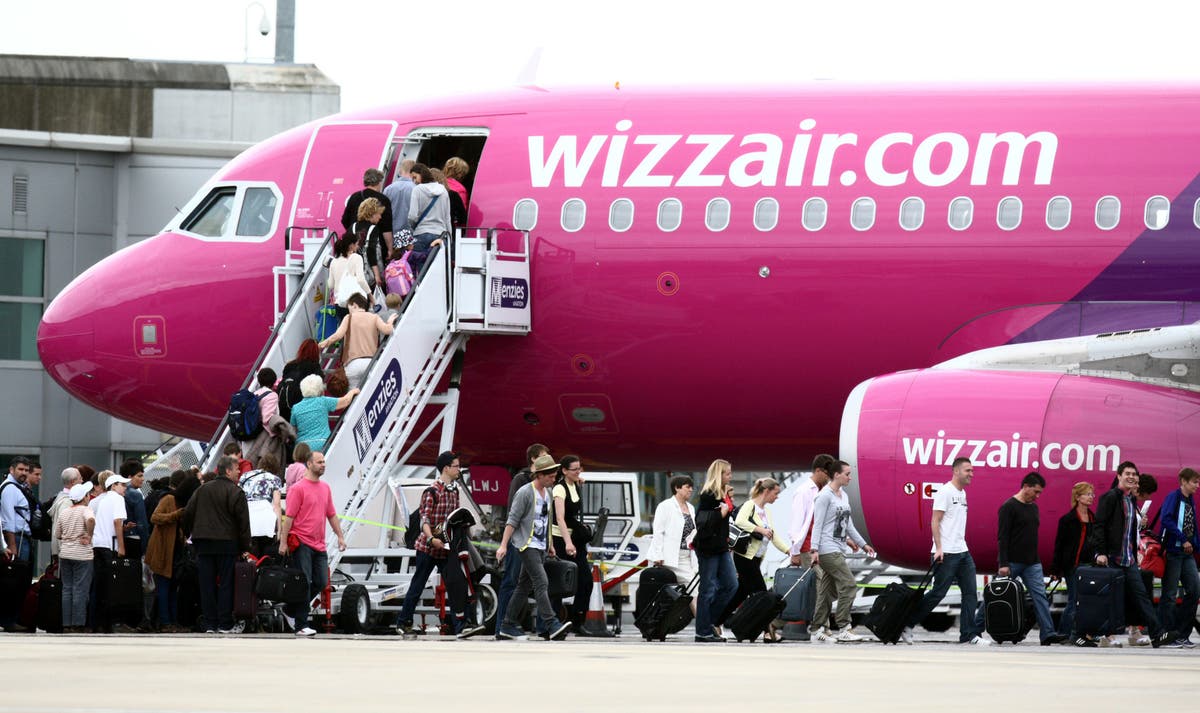This website uses cookies so that we can provide you with the best user experience possible. Cookie information is stored in your browser and performs functions such as recognising you when you return to our website and helping our team to understand which sections of the website you find most interesting and useful.

Ultra-low-cost airline Wizz Air said it has done better than previously expected so far this year and expects demand to improve significantly this summer, despite the war in Ukraine affecting its key eastern Europe network.
The Hungarian carrier, which is listed in London, said it expects an operating loss of around £158m to £175m in the final quarter of its financial year — slightly above earlier forecasts.
It has been forced to suspend flights to and from Ukraine, Russia and Moldova since Vladimir Putin’s invasion, but now expects to fly more than in 2019 before the pandemic struck.
There was controversy earlier this month when it promised 100,000 free seats to Ukrainian refugees escaping through Poland, Slovakia, Hungary and Romania, but charged them for checked luggage.
Wizz Air has also fiercely resisted attempts by workers to unionise, rejecting calls from unions in Italy to agree a labour contract. One of Denmark’s biggest pension funds sold its shares in the airline over what it said were human and labour rights abuses.
Between April and June, Wizz expects to fly 30% more available seat kilometres than it did in 2019, and 40% more between July and September.
Chief executive Jozsef Varadi said the Covid-19 Omicron variant “proved to be of benign nature, which helped to relax government travel restrictions across a majority of our network.”
“Distressingly, the war in Ukraine dented demand for air travel and destabilised commodity prices across the globe,” he added. “Despite these developments, we are starting to see recovery take shape.”
The airline has also reduced its exposure to volatility in oil prices by hedging for a coverage of 36% of planned fuel volume usage from April to August this year.
The carrier has opened a fourth UK base at Cardiff and is still expanding at its London Luton hub where it recently acquired another two additional daily slot pairs. It will operate 75 routes from Luton this summer, and remains the airport’s largest carrier by seats.
Reuters and PA contributed to this report.



 Africana55 Radio
Africana55 Radio 
